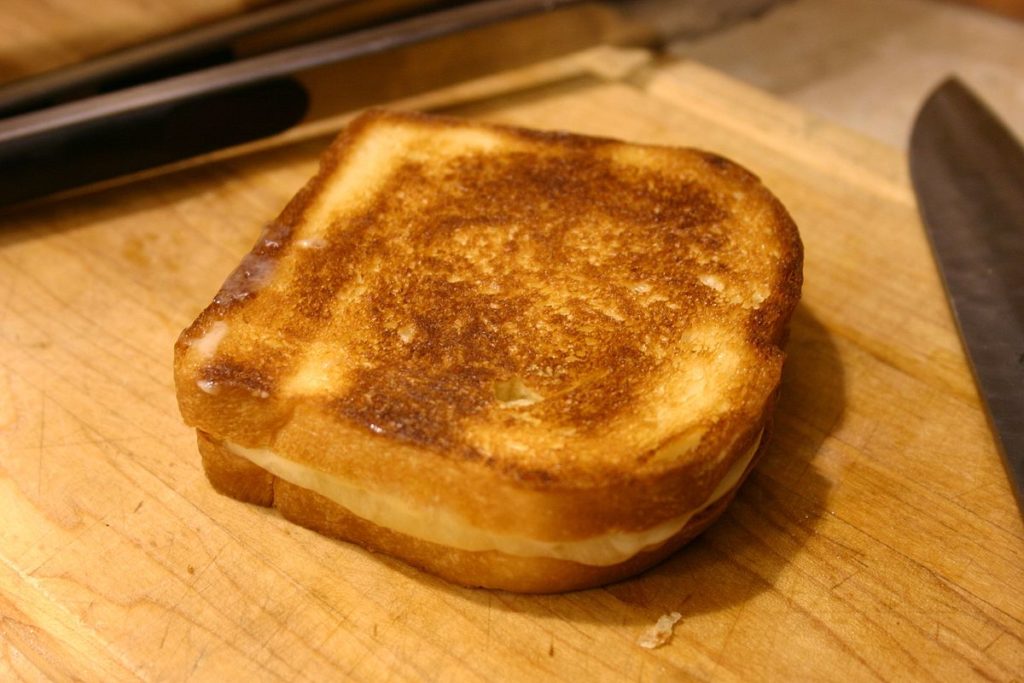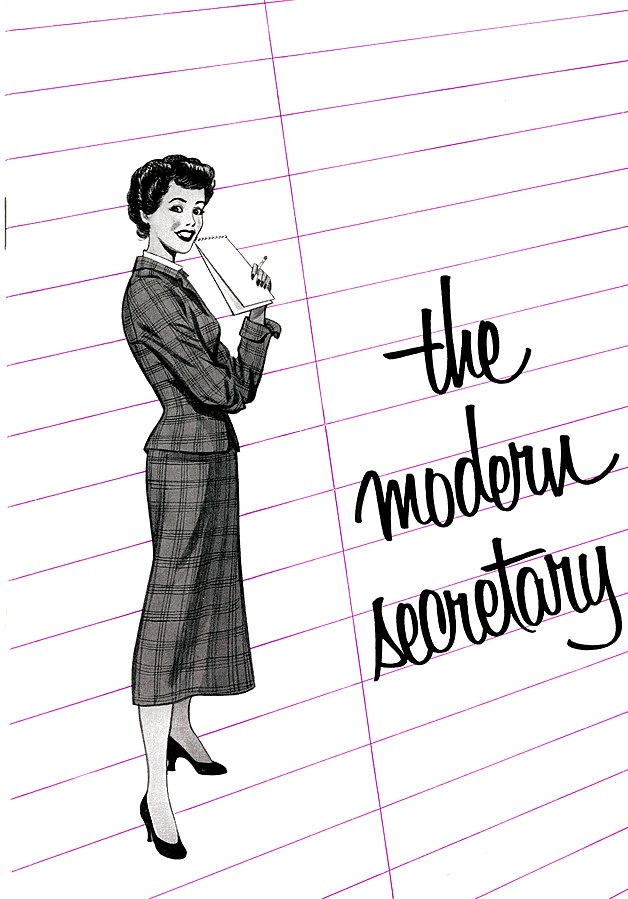
Every Wednesday of the last full week in April — that’s April 22 this year — celebrates those who keep businesses running like well-oiled machines. Not only does it make us appreciate all the administrative professionals and assistants out there, it’s gotten us thinking about trusty assistant words. Here’s a brief history of 11 of our favorites.
secretary
The word secretary is an old one, dating back to the 14th century when it meant a keeper of secrets. By the early 15th century, it referred to someone who keeps records, writes letters, and performs other clerical duties, especially for a king.
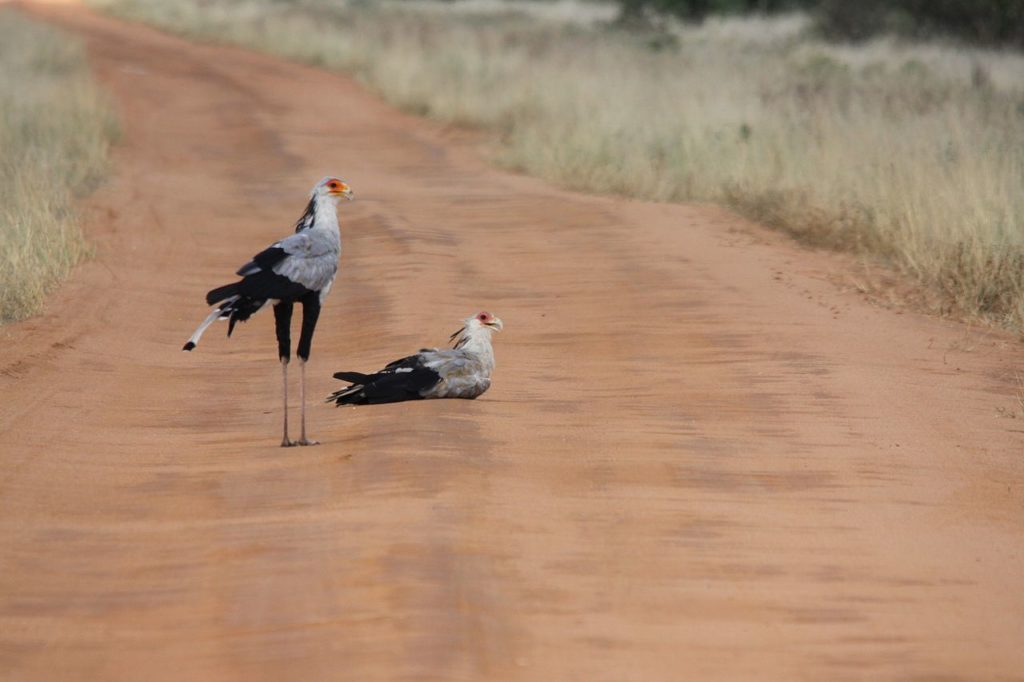
The secretary bird is so called because of its resemblance to male secretary garb back in the day, namely, says the San Diego Zoo, “long, gray wing and tail feathers” that resemble gray tailcoats, “black feathers that go midway down the legs like short pants,” and “long, dark quills at the back of the head” like the “goose-quill pens that they carried behind their ears.”
right hand
This phrase, in addition to meaning, well, your right hand, has referred to an indispensable helper since the 16th century, says the Oxford English Dictionary (OED). Meanwhile, right-hand man is from 1626 and first meant “a soldier holding a position of responsibility or command on the right of a troop of horse,” according to the OED, before it meant a trusted male assistant. Right-hand woman is the female equivalent, but it’s not clear when it originated.
printer’s devil
In 1683, the first manual on printing, Joseph Moxon’s Mechanick Exercises on The Whole Art of Printing, was published, and in it was the first citation of printer’s devil, a printer’s assistant, so called because the young boys would often end up covered in black ink.
grisette
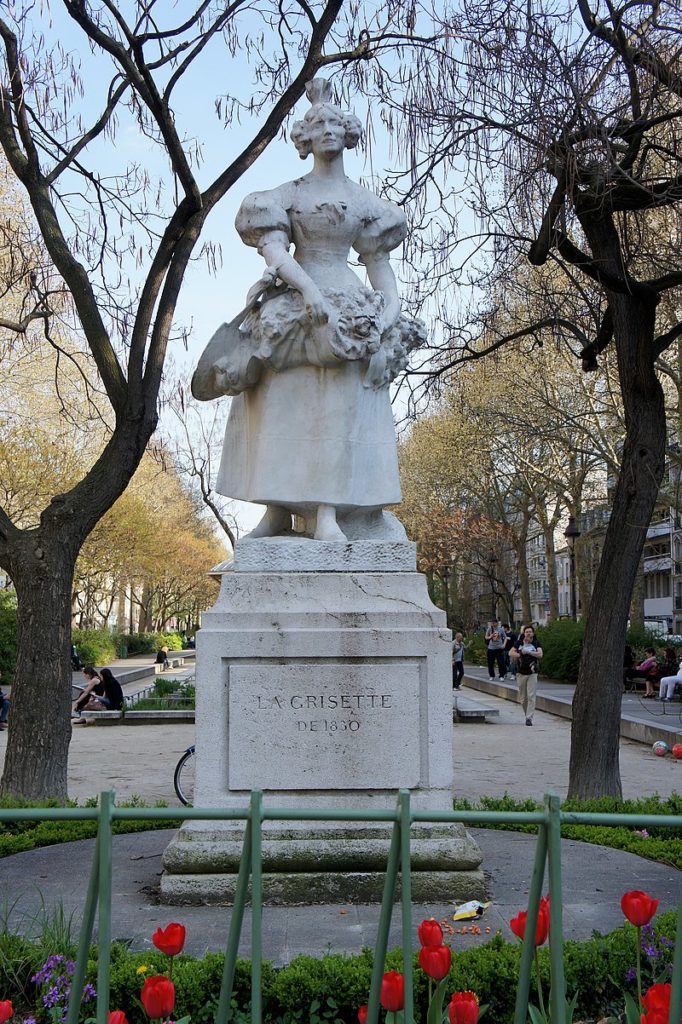
Originating in 1735, grisette is a French term that refers to a young woman of the working class, especially “one employed as a shop assistant or seamstress,” says the OED. It originally referred to a kind of inexpensive gray fabric, such as that worn by these women. The implication is also of women “who are free in their manners on the streets or in the shops.”
man Friday
Named for the sidekick character in Robinson Crusoe by Daniel Defoe, man Friday first appeared in print in 1809, says the OED.
girl Friday
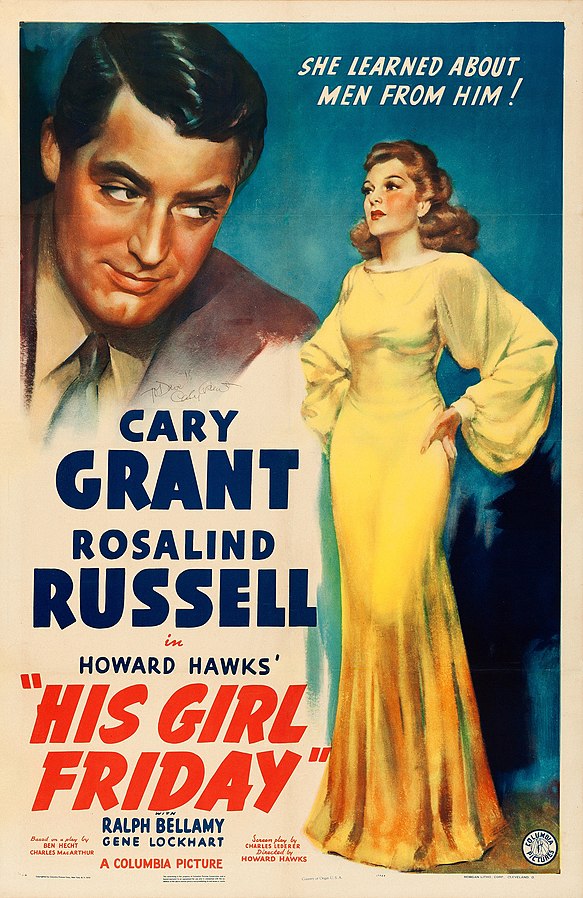
The female equivalent, girl Friday, is from about 1928. The term seems to have risen in popularity after the release of the 1940 film, His Girl Friday, and then again, sharply, in the 1970s and ‘80s, dropping off after 1985. Why the term became so popular in the ‘80s isn’t clear.
administrative assistant
While this term might seem quite modern, it’s actually from 1841, according to the OED. From a book called Italy and the Italian Islands, from the Earliest Ages to the Present Time by William Spalding: “Deliberations are led by the Gonfaloniere, who is recognised as the representative of the commune, the Anziani being his administrative assistants.”
swamper
Need an assistant for work that doesn’t require much training? You’ll want a swamper. According to the OED, the word made its written debut in 1851 and referred to a “workman who clears a road for lumberers in a ‘swamp’ or forest.” By 1870, it was also slang for an “assistant to a driver of horses, mules, or bullocks”; by 1907 a “man-of-all-work in a liquor saloon” and cook’s assistant; and by 1929, an assistant to a truck driver.
best boy
This strangely named title you might have spotted in movie credits refers to the chief assistant of the gaffer, the chief electrician on a television or film set. While it originated in 1931 or earlier, where the term comes from is unclear. The OED cites two theories: one, “that it originated as a term for a master’s most able apprentice,” or two, “that it was transferred from earlier use for a member of a ship’s crew.” However, neither has much evidence to support it.
body man
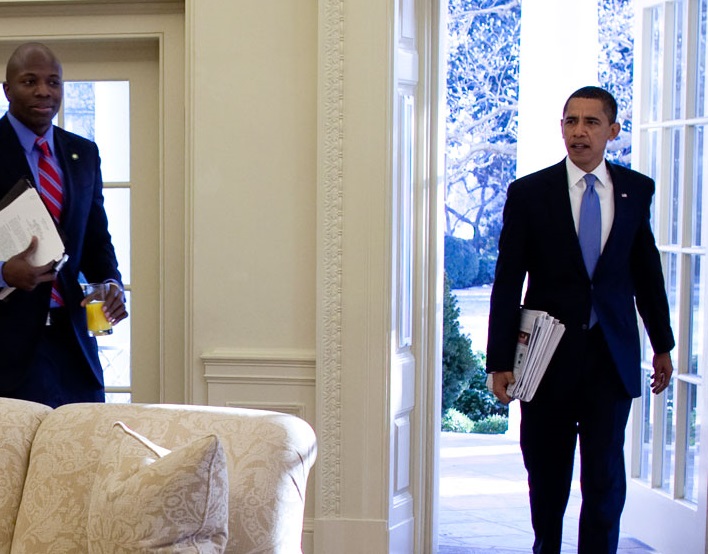
A body man, says the Political Dictionary, is “an assistant who follows a political figure around the clock, providing logistical assistance for daily tasks ranging from paperwork to meals.” William Safire discusses the term in a February 2001 “On Language” column, saying the earliest citation he can find is from a 1988 article in The Boston Globe by Susan Trausch:
Every candidate has a body man, someone who fulfills a kind of mothering role on the trail. The body man makes sure the candidate’s tie is straight for the TV debate, keeps his mood up and makes sure he gets his favorite cereal for breakfast.
It’s not clear where body man comes from. Similar terms include body servant (1689), body valet (1874), and bodyguard (1701).
body woman
The earliest mention of this female equivalent of body man might be from 2008 in reference to Hillary Clinton’s right-hand woman, Huma Abedin. From a June 30, 2008 Vanity Fair article by Gail Sheehy: “During the campaign she was accompanied by a body woman, Huma Abedin, a tall, stunning woman of Indian-Pakistani background with an unerring style sense.”
Want more work words? Check out our post on the language of working hard (or hardly working) and these fun lists on defunct professions and occupational hazards.
